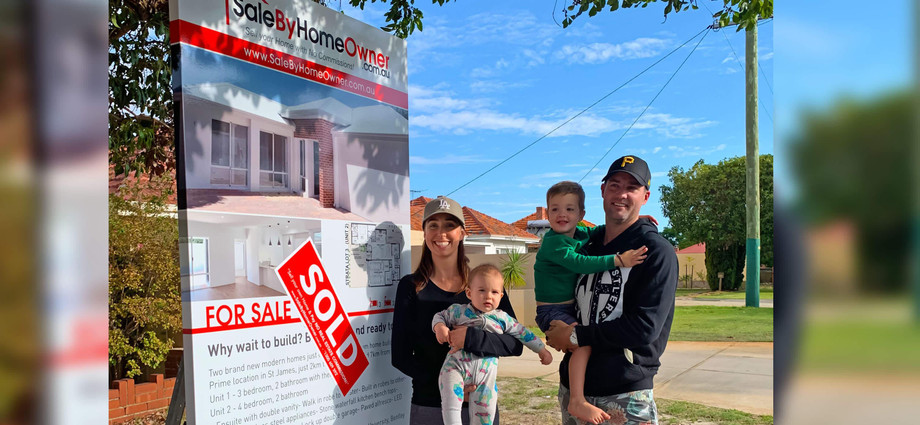Selling a house can be an exciting yet challenging process, especially when you are doing it jointly with a partner. However, what happens if one partner refuses to sign the sale agreement? This situation can create tension and complications, potentially delaying or even preventing the sale. At Sale by Home Owner Australia, we understand that selling a property when one partner is unwilling to sign the sale agreement can be frustrating. Here’s a guide on how to navigate this scenario and find a resolution.
1. Understand the Legal Implications
First, it’s important to understand the legal implications of a partner refusing to sign the sale agreement. If both partners are listed on the title deed, both parties must agree to the sale for it to proceed. In some cases, one partner’s refusal could delay the process, as legally, both signatures are required. Depending on the legal framework in your state or territory, a refusal to sign may be handled differently. In such situations, it is advisable to consult with a lawyer or conveyancer to fully understand your rights and options.

2. Open a Discussion with Your Partner
Communication is key when resolving disagreements. If one partner is hesitant or refuses to sign the sale agreement, it’s essential to have an open and honest conversation to understand their reasons. Are they emotionally attached to the property? Are there concerns about financial losses? Or do they have personal or logistical issues preventing them from agreeing to the sale? Understanding the underlying reasons for their refusal can help in finding a solution.
At Sale by Home Owner Australia, we recommend taking a collaborative approach, where both partners can discuss their concerns and come to an understanding. Having clear communication can help alleviate any misunderstandings or disagreements.
3. Seek Mediation or Legal Advice
If discussions do not lead to an agreement, seeking mediation may be a helpful option. A professional mediator can help facilitate a conversation between both parties, allowing each partner to express their concerns and potentially reach a compromise. Mediation can be less confrontational than going straight to legal action and can help you avoid costly court battles.
If mediation isn’t an option or proves ineffective, seeking legal advice should be your next step. A lawyer can provide clarity on how to move forward, whether it involves legal separation of assets or applying for a court order to sell the property. They will guide you through the process and ensure that any decisions are made in accordance with the law.
4. Explore the Option of Selling the Property As a Single Owner
In some cases, one partner may be willing to transfer full ownership of the property to the other partner. This could be an option if one partner wants to stay in the home and the other partner is willing to move out. The partner who remains can buy out the other’s share of the property, and the transaction can proceed without needing both parties’ signatures on the sale agreement. This option requires the agreement of both parties and proper legal processes, but it can offer a practical solution how to sell a house when one partner refuses to sign the sale agreement.

5. Consider Alternative Dispute Resolution
If both mediation and legal action seem unsuitable or time-consuming, there are alternative dispute resolution methods. These methods may include collaborative law, which involves both partners working with their respective legal professionals to negotiate a settlement outside of court. This approach can be less adversarial and may help both parties reach a fair solution.
6. Understand Your Rights and Options
Ultimately, understanding your rights and options is crucial when facing a situation where one partner refuses to sign the sale agreement. You may have legal recourse to force a sale in certain circumstances, but this can vary depending on your specific situation and local laws. Consulting with a real estate lawyer or conveyancer is the best way to ensure you’re making informed decisions and proceeding correctly.
Conclusion
Handling a situation where one partner refuses to sign the sale agreement can be complex, but it’s important to approach it calmly and strategically. Whether through open communication, mediation, legal counsel, or a buyout arrangement, finding a solution that works for both parties is key. At Sale by Home Owner Australia, we believe in empowering homeowners to navigate the sale process confidently, even in challenging situations. If you’re unsure how to move forward, consulting with legal professionals can help clarify your options and ensure a smooth resolution.

